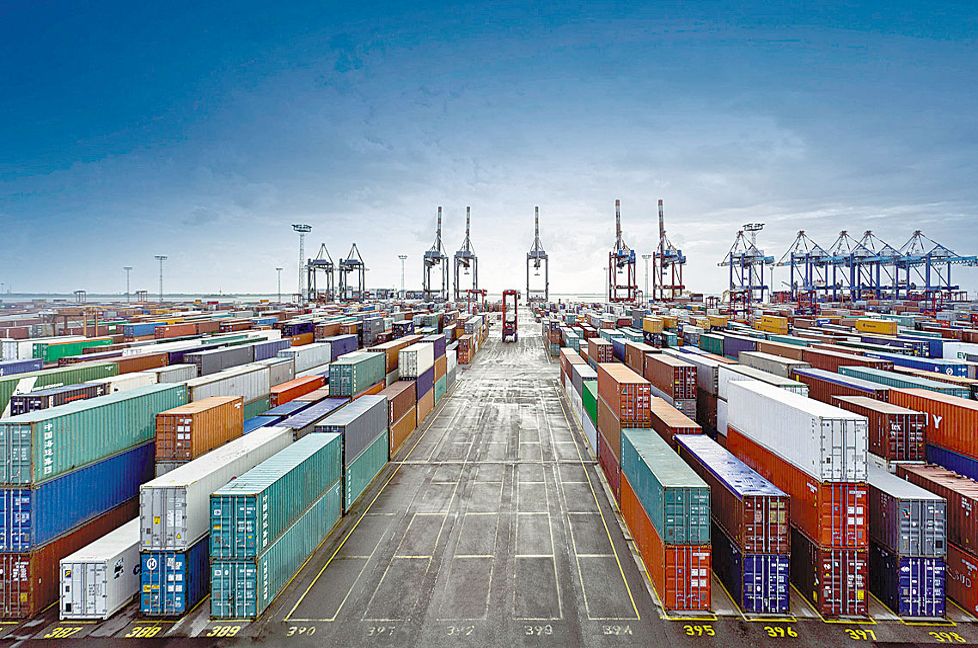More than 70% of world trade is conducted under Most Favored Nation (MFN) tariffs rules, according to Xiangchen Zhang, deputy director general of the World Trade Organization (WTO).
Despite the increase in free trade agreements and tariff barriers, most international trade operations continue to be governed by the WTO’s multilateral principles. This system, Zhang said, has made it possible to keep global supply chains integrated and reduce foreign trade costs.
Most-Favored-Nation Tariffs
The MFN tariff represents the minimum tariff that a country applies to imports from other WTO members, unless there is a preferential agreement in place. In practical terms, it functions as a “floor price” without favoritism or penalties.
This type of tariff guarantees neutral trade conditions between countries, serving as a general reference in the absence of bilateral or regional treaties.
The WTO regulates the majority of global trade
According to WTO Director-General Ngozi Okonjo-Iweala, about 75% of global trade flows are regulated by the WTO. The remaining 25% is regulated by bilateral or regional agreements.
Okonjo-Iweala stressed that people tend to take the multilateral trading system for granted. However, three-quarters of global trade takes place under the commitments and rules agreed at the WTO.
Key role of the multilateral system
The WTO, based in Geneva, is the international body responsible for regulating and overseeing the rules of trade between countries. Its mandate includes administering multilateral trade agreements, settling disputes and promoting trade liberalization under principles of non-discrimination, transparency and reciprocity.

